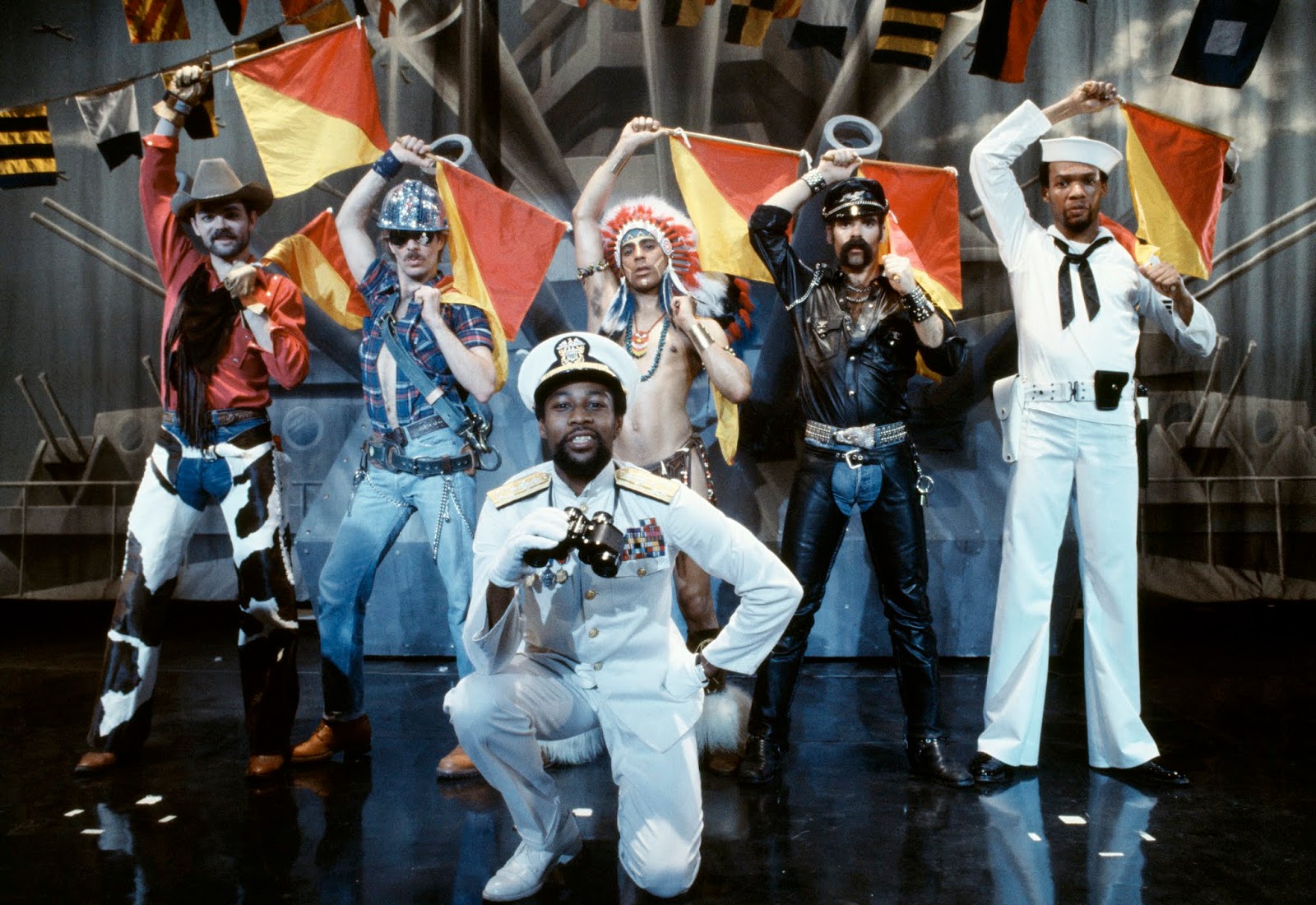Nouns and Pronouns in the Age of #WeAllGonnaDie!!! (Part 1 of 2)
Intro
Let’s talk a bit about nouns and pronouns, shall we? Hold tight, because much of this post will be in reverse order (yeah, I didn’t know what meant either; you’ll see soon enough).
OK, enough of that shit; let’s get on about nouns and what they do.
Let’s talk a bit about nouns and pronouns, shall we? Hold tight, because much of this post will be in reverse order (yeah, I didn’t know what meant either; you’ll see soon enough).
Firstly, I’m grouping these little buggers together because pronouns are basically just reflections of nouns. By that, I mean simply that pronouns are replacements, placeholders if you will, for nouns in their longer (and sometimes quite annoying) forms.
Secondly, a brief note from my introductory post on the parts of speech (Introduction to the Parts of Speech), mostly because I was too inept to include it originally. June Casagrande says it exceptionally well in her quite excellent book The Joy of Syntax:
To really understand how sentences work, we need to distinguish between word classes and word functions. Think of word classes as clubs. Membership in these clubs is recorded in dictionaries. For example, look up the word paint. You’ll see it’s a noun and a verb. You can buy paint or you can paint your house. It’s not a member of the word class we call adjective. But it can still do an adjective’s job in a paint store.
Sort of makes you wonder, doesn’t it? Perhaps those fuckers who invented English had a seriously messed up idea of how to screw people. Much like a politician (any politician), you’d almost think English’s creators didn’t give fuck-all about anyone.
It also reinforces what I’ve always held close to my heart, that English teachers have failed us by focusing on word membership rather than word function. Think about it. When you’re writing, do you think
“What type of word do I need? What’s it called: adjective, verb, or noun?”
or do you think
“What word would best say what I’m trying to communicate to the reader [i.e., what’s its function]?”
Yeah, I’m not going to answer it for you, as it seems pretty damn obvious. Sorry not sorry, Buckeroo.
Ms. Casagrande gives us a twofer in her quote: not only can words be classified in two distinct ways, but also words can serve multiple functions. Thus another reason to focus on function over membership—many (perhaps most) words serve multiple functions, and thus categorizing them according to membership is confusing for many learners as well as technically not even correct in many cases. No wonder so many people hate English classes and call me a Nazi from time to time (I’m not politically correct at all, but when you call someone a Nazi, you’re minimizing the horrors experienced by several groups, to put it mildly—not like I give a fuck what you call me, but still).
OK, enough of that shit; let’s get on about nouns and what they do.
Nouns
In simplest parlance, nouns represent creatures (you’ve probably seen the term “persons” or “people” used), places, or things.
Another way to think about nouns, especially because it’s my way of thinking about them and I’m nearly always right, is that nouns are actors in sentences. They do things, they think and feel things, and they have things done to them or thought about them.
The following list comprises three respective examples of a creature, place, and thing:
bird
New York City
dildo
(That last one is probably not the best choice for googling, kids, but if your parents opted you out of sex-education classes, now’s your chance; just make sure you use grandma’s or grandpa’s computer, or the computer of anyone who’s recently pissed you off.)
A creature, in this case a bird, can be an animal, a person, or anything similar. The name of a fantastical creature in a sci-fi novel (e.g., Gollum) is also a noun.
A place, in this case New York City, can be any place: a town, city, room, building, etc.
A thing can be pretty much anything that acts, feels, thinks, is acted upon, or is thought about. In fact, one could say that creatures and places are really just subcategories of things.
Once again, you DO NOT need to remember the names of parts of speech and their derivatives; just remember their function in a sentence—if it acts, thinks, or feels or is acted upon or thought about, it’s overwhelmingly likely that the word in question is a noun.
You may have noticed something else about these examples. The word bird is not capitalized, but Gollum is. New York City is capitalized, but city by itself is not. The word dildo is not capitalized, nor would huge sphincter-busting dildo, but Acme Dildo by the Acme Sex Toy Company (also capitalized) definitely would be.
The capitalized versions of nouns are called proper nouns. Why the fuck they gave them that name instead of, well, “capital nouns,” is anyone’s guess. That’s what they’re called. The noncapitalized nouns are called common nouns. Sounds like some seriously messed-up class shaming to me, but who am I to judge (man, I crack myself up sometimes—because, you know, I judge all the time and shit)?
In this case, what it means when you capitalize a noun. If a noun is truly unique, if there is no other like it in the world, it is likely that you should capitalize it. That’s how we end up with New York City (one unique place), city (any city; there are many), bird (many birds; not specific), Big Bird (one big, furry, yellow freak), dildo (many, many dildos, whether politicians or others), and Acme Dildo (one specific dildo brand—further discussion follows).
Some smartass mofos (not capitalized because there are so many of them and none are truly unique—so, so sad) may now feel obligated to try to outsmart me by idiotically noting, “Well, Brent, you asshole, what about ‘Pittsburg, California’ and ‘Pittsburg, Kansas’?” or “Acme makes more than one dildo. Duh.” Whatever, you miscreants, like I should have to spend time responding to your blather. There’s ONE Pittsburg, California, and ONE Pittsburg, Kansas, and even when a state has more than one city with the same name, each reference is to one specific place.
As for dildos, since idiots seem so focused on them (perverted fucks), there’s only one Acme Sex Toy Company (or so I’ve heard; more enlightened readers may well contradict me on this point and should post such knowledge publicly in the comments; make sure you include your full name, email address, and links to all your social media accounts), which is what makes it unique. Note, therefore, that the correct nomenclature is Acme Dildo (a specific product, not just one of the dildos with that name) but a dildo from the Acme Sex Toy Company (just one of the dildos from that company). The product is unique. It’s a single, unique product from Acme, so the product package says Acme Dildo, but when writing about it more generically, it’s an Acme dildo or a dildo from Acme.
Yeah, it’s confusing, but as we progress with these lessons (or I come up with better shit and secretly revise all my earlier posts), it will make more sense.
This discussion of nouns is intentionally brief. Nouns are relatively easy to understand; their uses in clauses and appositives as well as proper syntax within more complicated sentences are much more technical. Don’t worry—I’ll cover them eventually; this just isn’t the place to obfuscate meaning (I mean, shit, this is post #2 in a series, so failing now would be sort of sad).
In other news, I lied. Pronouns will be covered in the next post.
Thanks, Buckeroos. Be safe, and kick some “19” ass. And if you can’t do that, at least punch a politician in the neck or something.



Comments
Post a Comment